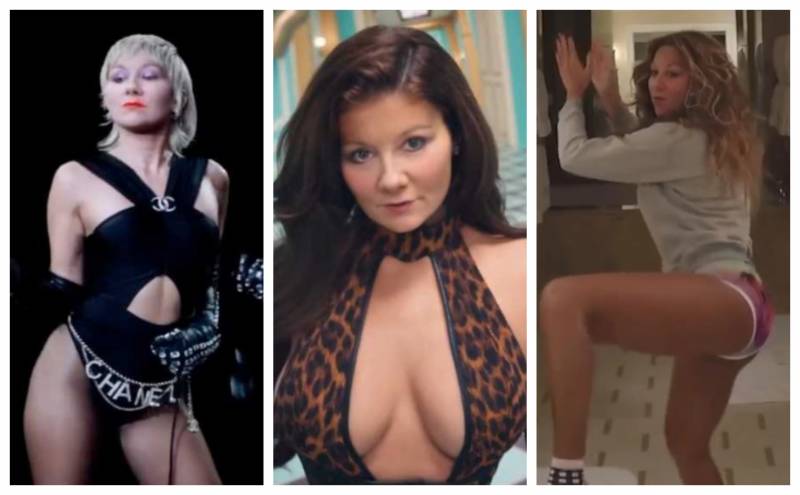“W
e see the app as a personalization platform where people will be able to live different lives during their one lifetime. So everyone can be anyone.”
So says Roman Mogylnyi, CEO and co-founder of Reface—an enormously popular new app that takes the faces of users and blends them into celebrity videos, movie clips and more. Current sections on the app include Game of Thrones, WWE, Billboard Musicians, Marvel, Tarantino Movies, and many, many others.
 Ostensibly, Reface—which is free, and does not have a recommended age or official user guide—is a way for people to live out their Hollywood and MTV fantasies via the medium of deepfakes (basically a high-end version of face-swapping). In practice, however, the app poses a number of social and psychological conundrums—not least of which is the fact that it offers a digital form of Blackface.
Ostensibly, Reface—which is free, and does not have a recommended age or official user guide—is a way for people to live out their Hollywood and MTV fantasies via the medium of deepfakes (basically a high-end version of face-swapping). In practice, however, the app poses a number of social and psychological conundrums—not least of which is the fact that it offers a digital form of Blackface.
Reface was started in the Ukraine and was, until August, called Doublicat. As of the end of that month, the app had been downloaded over 20 million times. There can be no doubt that Reface has a diverse international community of users to appeal to, and needs to provide content reflecting that. The problem is that when the user’s face is blended with a celebrity, Reface tends to err on the side of the celebrity skin tone, not the user’s.
In my own experiments with the app, my very pale skin was repeatedly toned darker to match the likes of Rihanna, Beyoncé, Cardi B, Megan Thee Stallion and Kanye West. When I Refaced with Kylie Jenner, her bronzer got cut off at my eyebrows and my natural skin tone remained on the rest of my face. With the artists of color, my whiteness disappeared completely. Most of the results were offensive enough that I cannot, in good conscience, include them here. (Don’t even get me started on this week’s awful “In Memory of Chadwick Boseman” section.)


